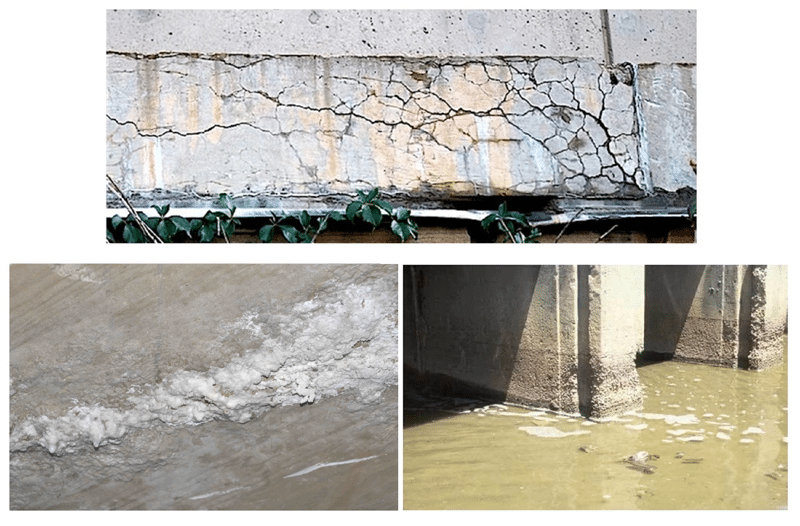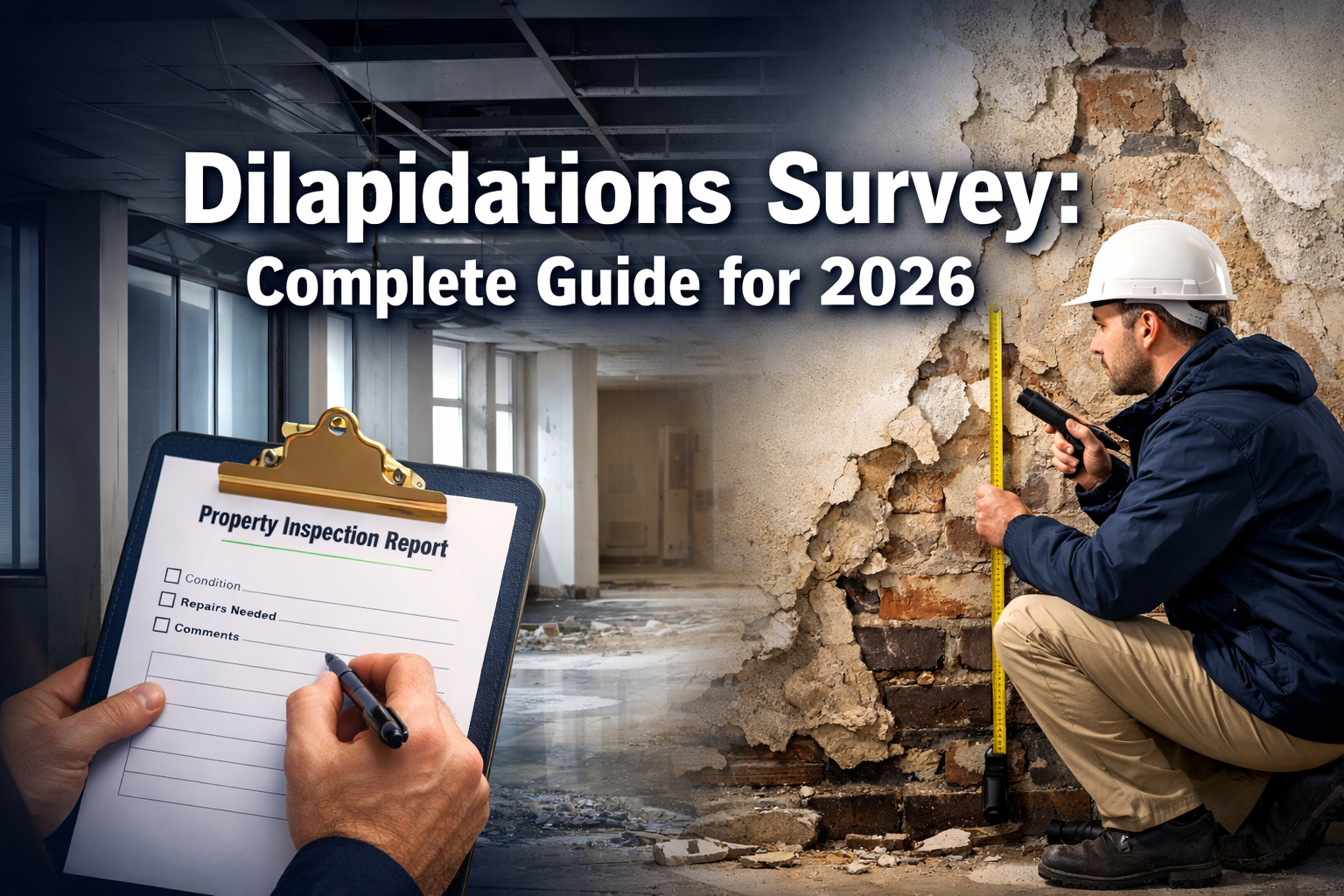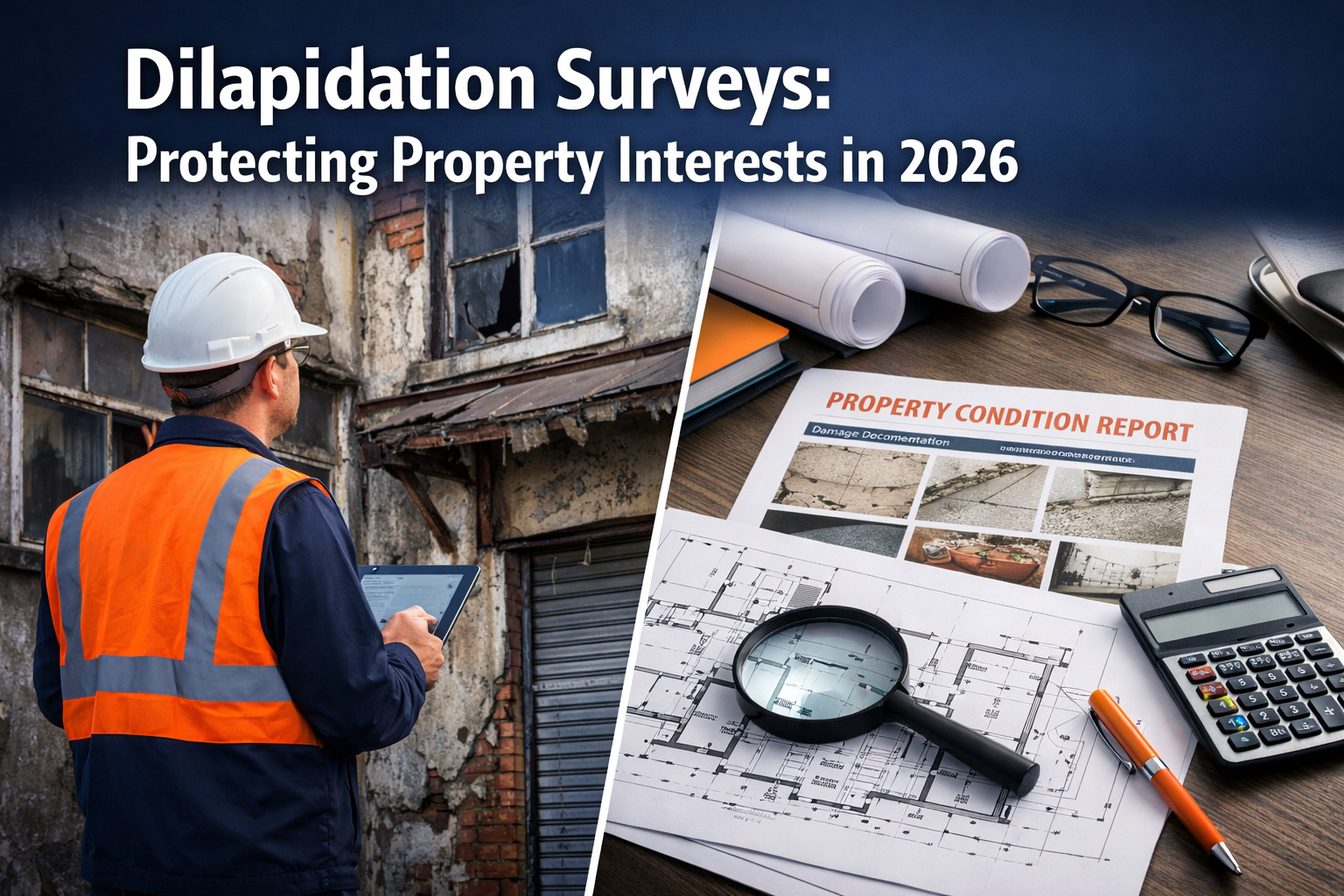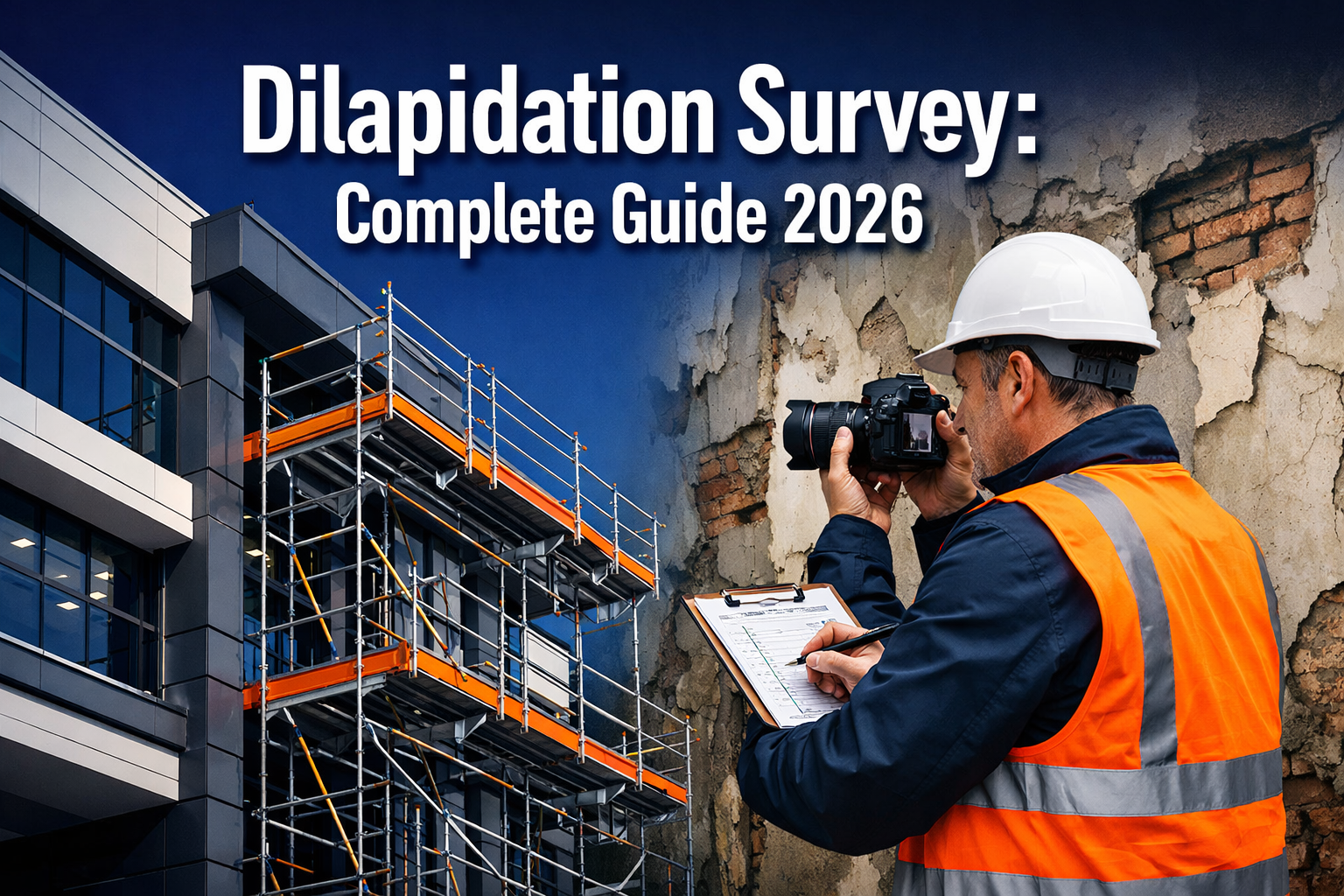- Home
- Solid Floor Slab Survey
Survey Report on the Solid Floor Slab
A ground floor slab can suffer severely from a sulphate attack, and the underlying concrete can sustain such damage for long periods before any structural issues become apparent. If you think you have this problem, we can set you up with a survey in Canterbury, London, Bristol, Birmingham, Manchester, or Cardiff, where a member of our panel can assess the condition of your floor slab.
What is Sulphate Attack?
Sulphates in the ground below the slab are to blame. They seep into the concrete and react with it, causing it to heave—rise up and down, so to speak—and usually cause extensive damage to the external walls. Sooner or later, the concrete will become frangible. When it does, the internal walls built on the slab will be the next lifted, cracked, and broken structures.
A Chartered Surveyor's Report on Sulphate Attack
The sulphate report compiles information about any shifting, fracturing, or warping of the exterior walls at the level of the Damp Proof Course (DPC), the internal wall at ground level, and the slab. Their condition is noted and any signs of dampness are recorded. The report also notes the type and condition of the concrete. If the structure is not currently under attack by sulphates, these characteristics could be making it more susceptible to sustained attack in the future.

Reach out to us for a Solid Floor Slab Survey in Canterbury, London, Bristol, Birmingham, Manchester, and Cardiff.
Contact us today to schedule an inspection of your ground floor slabs in Canterbury, London, Bristol, Birmingham, Manchester, or Cardiff. If you suspect them to be under attack from sulphates, we can help determine the nature and extent of any damage.
Expert Witness Islington
We offer the services of a panel of seasoned surveyors experienced in disputes. Your expert witness surveyor will prepare a Part 35 compliant report in accordance with the Civil Procedure Rules (CPR).
Schedule of Condition
A schedule of condition reviews the condition of the property at the date a tenant moves in or before any construction takes place. For both landlord and tenant benefit, the Schedule of Condition protects against any dispute that might arise over the condition of a property. It provides a baseline to prove whether damage has occurred as a result of tenancy or nearby works (e.g. party wall).
Conditions that Necessitate a Roof Survey
A roof survey may be necessary if your property exhibits any of the following conditions:
Inside
- Streaks in wood: these suggest that mould is growing in the rafters because moisture is leaking through the roof.
- Sagging: if the roof is starting to bend, you may have serious structural support issues that will ordinarily require a new roof.
- Leaking water: this may be due to broken tiles or open joints in the lead flashing.
- Leaking light: If there is visible light entering the roof space, you may have a few holes or cracks in the roofing.
Outside
The following issues may necessitate roof repair or replacement:
- Damaged tiles: these may be cracked, slipped, or missing, and, if so, they will need to be fixed or replaced.
- Age: a roof more than 20 years old generally needs to be replaced.
- Moss and mould: these typically indicate moisture damage, which may compromise the roof.
- Gutters full of debris: if your gutters have pieces of roof tile or shingle in them these need clearing out.
- Ponding: if water on the roof isn’t draining away, there’s a good chance the roof isn’t functioning properly.
- Guttering coming loose: this can be a function of bad design or installation and may be affecting the ability of the roof to do its job.
- Loose flashing: this will need to be fixed if the roof is going to have any chance of remaining watertight.
Seeing undulations: if you see dips or bulges in the roof, or if you see your eaves sagging, you have a serious problem that requires immediate attention.




